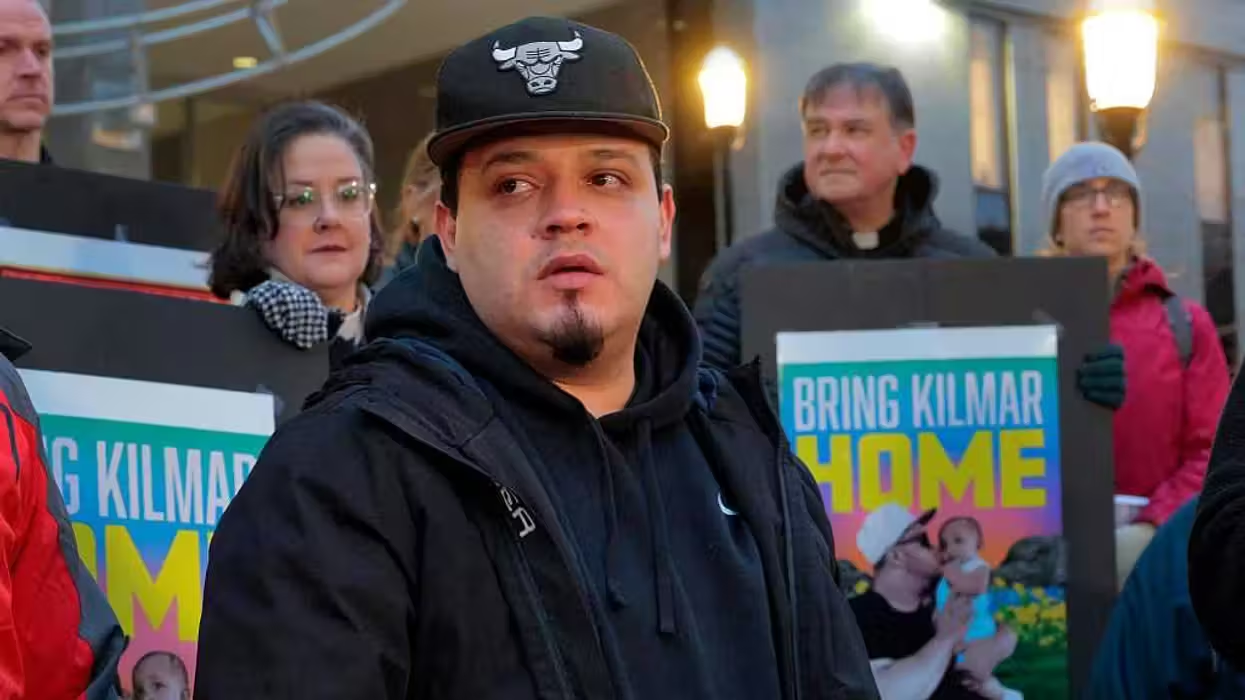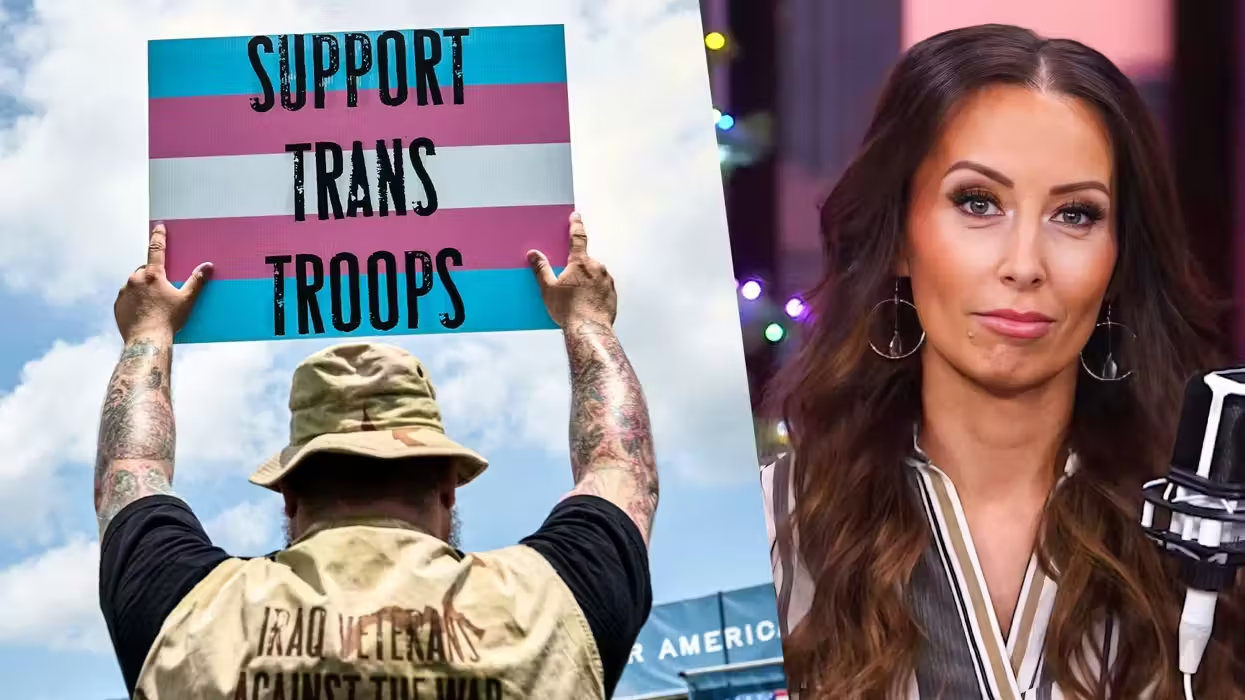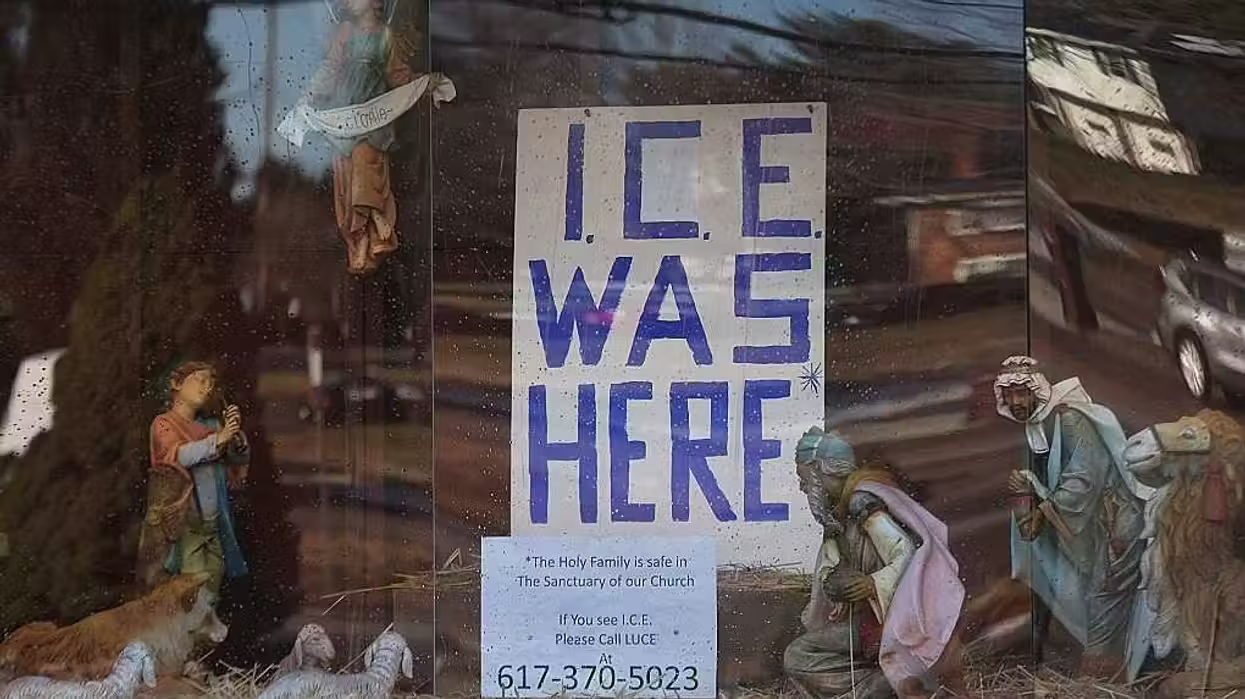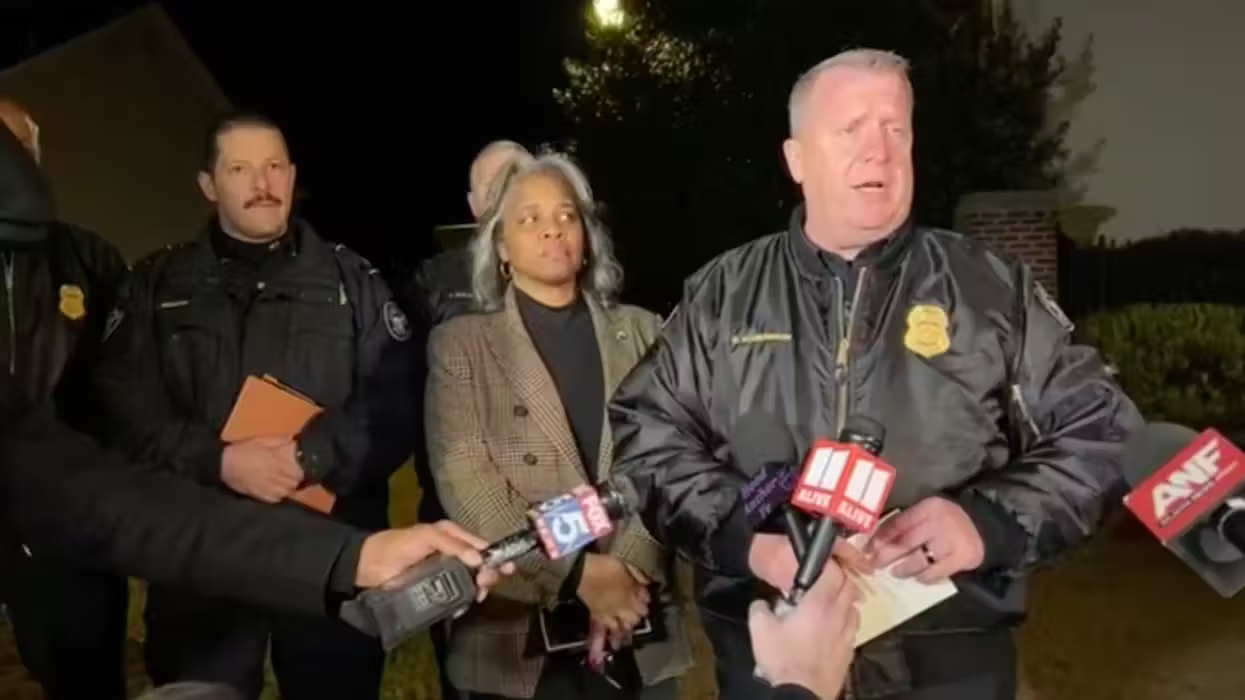Last week, Al Sharpton proposed nationalizing America’s police forces, placing them under the control of the Justice Department. This would end the issues of police brutality we have seen in Ferguson and Baltimore, Sharpton says.
Whether you actually buy into the idea that the disproportionately black Baltimore police department, run by a black police commissioner, in a city controlled by a black mayor, is racially biased is not relevant. Because no matter what you believe in – short of authoritarianism – nationalizing the police force would be a terrible idea that wouldn’t solve any problems.
Right now, there are plenty of ways to hold your local police department accountable. If a town is unhappy with the authorities, they can vote for a new sheriff, mayor, governor, state representative, national representative, senator, or president. All of these offices have control over the police. In Baltimore, the National Guard came in to aid the situation. In Ferguson, the Department of Justice conducted an investigation, both examples of multiple levels of accountability.
But when you nationalize anything, all that goes out the window.
 Missouri National Guard line up behind police officers monitoring protesters in front of the Ferguson Police Department Tuesday, Nov. 25, 2014, in Ferguson, Mo. (AP Photo/David Goldman)
Missouri National Guard line up behind police officers monitoring protesters in front of the Ferguson Police Department Tuesday, Nov. 25, 2014, in Ferguson, Mo. (AP Photo/David Goldman)
A national police force answers to a short list of people. If a federal officer does something you don’t like, whom are you going to ask for help – the United Nations? I say that mockingly, but Mike Brown’s parents actually tried to get the U.N. to intervene and it accomplished next to nothing.
Besides, you wouldn’t be changing anything about how the police officers think or act, and isn’t that what Sharpton says he’s trying to accomplish?
Instead of working for your county, police would work for the Department of Justice. The same people that you are complaining about are going to be on the job, unless Sharpton’s plan also calls for firing all current officers and replacing them with spare 765,000-trained cops he just has lying around somewhere. If your complaint is that there are racist police officers on duty, a national force isn’t going to actually get rid of racist cops, just change who they work for – and cut through several layers of elected officials that could have held them accountable.
Beyond all that, under a national police force, if you’re a taxpayer who doesn’t live in Detroit, Oakland, Memphis, or any one of the crime-capitals of the country, you’re getting ripped off. As it stands, everyone’s local taxes go partially to funding their police department. Jurisdiction rules prevent the police you pay for from cleaning up crime in someone else’s county. That way, each police force can focus on doing the best job keeping their residents safe.
But with nationalized police, if you live in a quiet little village in rural Michigan with a very low crime rate, what happens when the mayor of nearby Detroit needs some help cleaning up the streets? What are you going to do when the federal government lets him borrow your entire county’s police force to beef up law enforcement in the city? Your town clearly doesn’t need that many officers, and Detroit could use the extra manpower, right?
Since the government would be able to move police around to follow the crime, families of officers would constantly have to uproot and live in the most dangerous places in the country. No one would want to be a cop. And what happens in our scenario when Detroit is so oversaturated with law enforcement that you can’t even jaywalk without getting slapped in handcuffs? How long before drug dealers and violent criminals realize there are plenty of quiet little towns that sent all their police to help elsewhere?
Finally, this new strategy would change the way we deal with crime. Local police know the areas they protect. Because they know the area, they know where to patrol and they have a chance at stopping new criminal operations from taking root. But a deployable national force is completely reactionary: there’s crime here, we send police here. The crime moves over there, we send police over there. Not only that, but this would mean that a lot of the officers would be unfamiliar with the places they were charged to protect. This gives criminals who are from the area a huge home field advantage.
A national police force would be a logistical nightmare and that’s without even getting into the bureaucratic overreach or the massive stepping-stone this would all be to an authoritarian takeover.
Even if you believe that police are somehow racist, Sharpton’s plan wouldn’t get rid of the alleged racist cops, it would just move them around and give them a new boss. Not to mention, you would lose a whole slew of mechanisms through which you could influence the police if you didn’t like what was going on. There would be fewer citizens stepping up to join law enforcement – many wouldn’t like the idea of having to move their family all over the country to live in crime zones, because that’s where the police would be needed. The whole policy would lead to reactionary crime fighting, making it easier for thugs to flee justice.
No matter how you feel about the Freddie Gray, Eric Garner, or Mike Brown incidents, there is absolutely no reason to support nationalizing our police forces, nor is there cause to believe this would help combat racism.
–
TheBlaze contributor channel supports an open discourse on a range of views. The opinions expressed in this channel are solely those of each individual author.


 Missouri National Guard line up behind police officers monitoring protesters in front of the Ferguson Police Department Tuesday, Nov. 25, 2014, in Ferguson, Mo. (AP Photo/David Goldman)
Missouri National Guard line up behind police officers monitoring protesters in front of the Ferguson Police Department Tuesday, Nov. 25, 2014, in Ferguson, Mo. (AP Photo/David Goldman)






